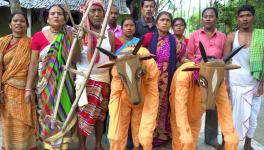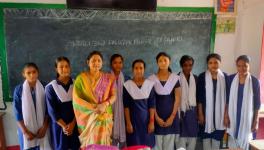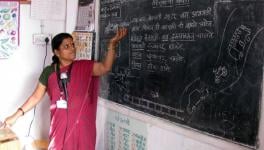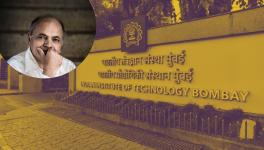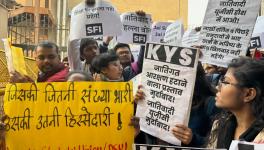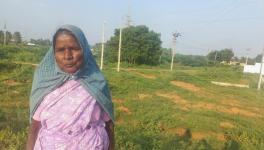Discrimination, Education, and Irula: A Conversation with Zai Whitaker
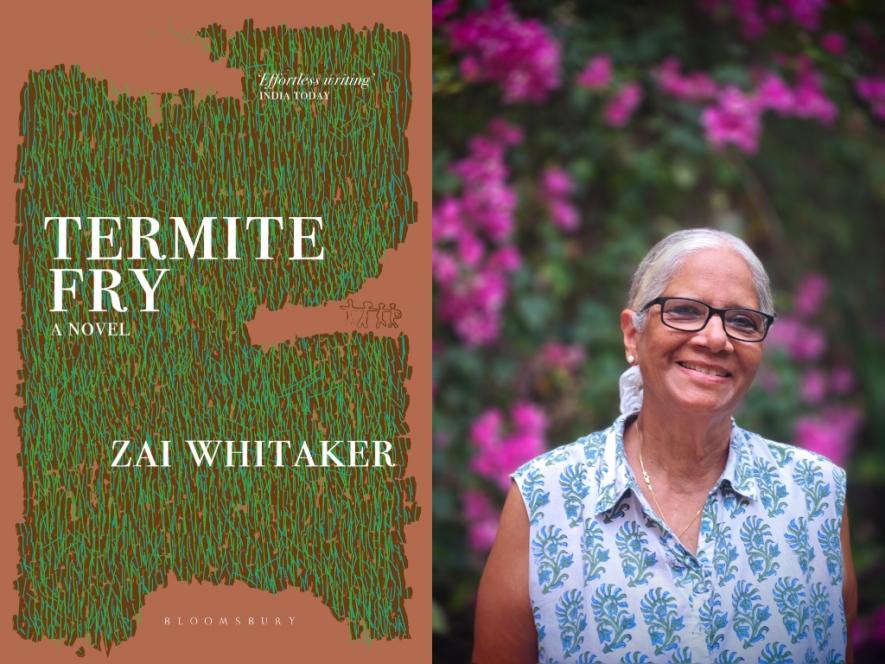
Termite Fry by Zai Whitaker (Bloomsbury Publishing, 2023) is the story of three generations of an Irula family who make a living by catching snakes. The family finds itself at the cusp of change as the Wildlife (Protection) Act of 1972 comes into effect, endangering their livelihood.
In this conversation with the Indian Cultural Forum, Whitaker talks about what this change has meant for the Irula, who have moved to daily wage work since the Act was enforced. She also talks about the social change the Irula have gone through due to changing times — from being criminalised to facing caste discrimination; what it has meant for the Irula to seek a better life; the changing ecology and more.
Indian Cultural Forum (ICF) : There is a powerful line an old man, the Irula grandfather, says, ‘Forest knowledge must be shared because it is world knowledge.’ With Irular moving to daily wage jobs, what is happening to their own ‘forest’ knowledge?
Zai Whitaker (ZW) : It is disappearing; another example of how slowly traditional knowledge and skills are built up, with minute accretion of information and discovery, and how quickly they disappear. The onslaught of outsider-culture within our indigenous communities in the last fifty years has been drastic, with none of the thought and care that Verrier Ellwin and others talked about for the vital transition period. At the Irula Tribe Women’s Welfare Society, which we started in ’87, we organized training programs by the older generation, for the younger, with some success. But at the end of the day, one eyeballs the fact that knowledgeable healers and naturalists are breaking stones for a living. A sad -and universal- cultural story.
(ICF) : The story of the girl Thenee in the book is full of hope because education may open a door for her future. Would you say this was Thenee’s main driving force to seek a better life? How strong is this aspiration among Irular today? Would you say access to education is improving.
(ZW) : Termite Fry was written, and un-written, and re-written, over a period of ten years so I had a lot of time to create, and get to know Thenee. I hope that what will take her, and the community, onwards along this path, is both education as well as genetic push. Her mother has a sprinkling of optimistic, pioneer genes and says some hopeful things.
Regarding aspirations about education, it is difficult to aspire when struggling to meet basic needs. Yes, access to education is improving and so are other facilities… but then I come across people like the warden of an adivasi hostel in Karnataka , with whom I had a discussion about the need to have integrated hostels (me) against divided ones (him). He spoke strongly and sensitively about how hard it is for adivasi children in the same space, because of the social bias against them, and feels that for now it’s better to offer them their own spaces. I felt so sad… for him, and for the children (both adivasi and the others).
Also Read: An excerpt from Termite Fry
(ICF) : The Irular story seems to bring together several forms of discrimination/marginalisation: caste discrimination; the earlier colonial stamp of ‘criminal tribe’; the deprivation of traditional habitat and livelihood. And ironically, are called ‘ Particularly Vulnerable Tribal Groups’ which is hardly surprising, considering past and present history. Comment.
(ZW) : Yes… just about every kind of discrimination, from things like the “two tumbler” system to denial of basic rights and amenities. But I do feel there are changes: much tokenism but also some deeper more significant ones such as shared drinking water, land ownership, welfare schemes, especially in Tamilnadu over the years and especially with this present government in power. And hopefully there are other Thenees out there! In fact I know one or two.
Changes in the forest itself (bullfrogs becoming rare with the frog leg industry etc)
Huge, and disastrous. I’m not a scientist but going by what my eyes tell me and what my botanist and zoologist friends say and write, the areas where the Irular used to hunt fifty years ago, have deteriorated dramatically and can hardly be called “forest”. Our habit of quickly calling any green patch a “forest”, comes from ignorance, and maybe also a desperate wishful-thinking.
(ICF) : How would you describe your ‘location’ in this story? Insider/outsider?
(ZW) : Jumping around like a tree frog, from inside to outside, and many in-between spaces.
Zai Whitaker grew up in Mumbai, in a family of naturalists. She now lives and works at the Madras Crocodile Bank near Chennai, which she helped set up more than 40 years ago. She is the author of several books including the award-winning Salim Mamoo and Me
Get the latest reports & analysis with people's perspective on Protests, movements & deep analytical videos, discussions of the current affairs in your Telegram app. Subscribe to NewsClick's Telegram channel & get Real-Time updates on stories, as they get published on our website.









